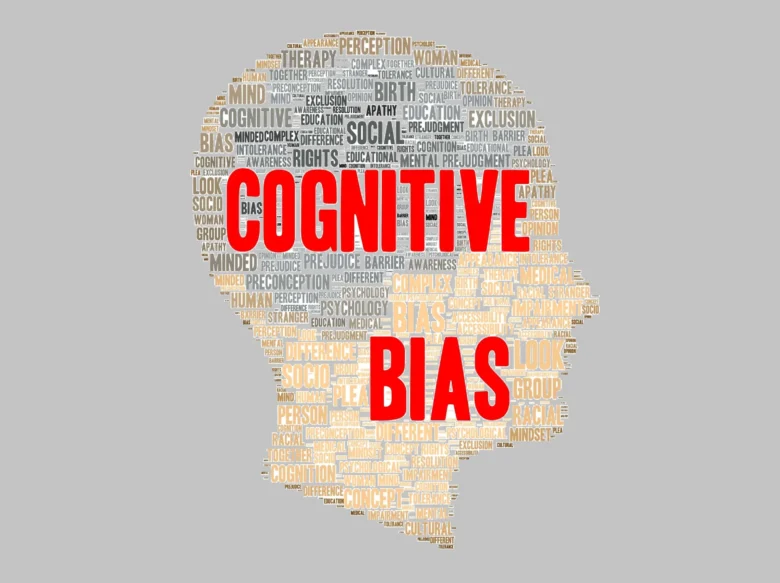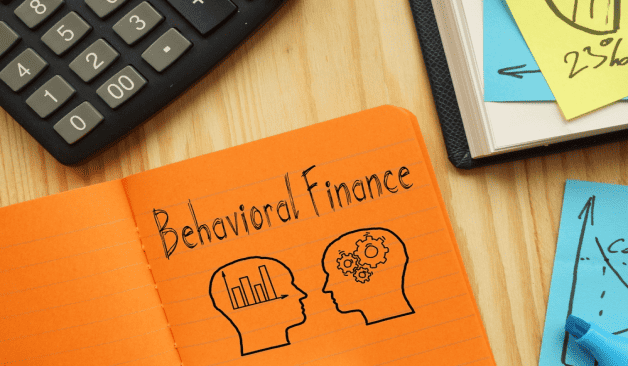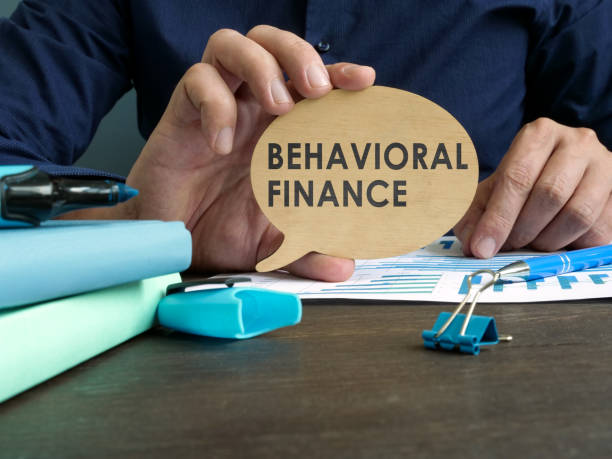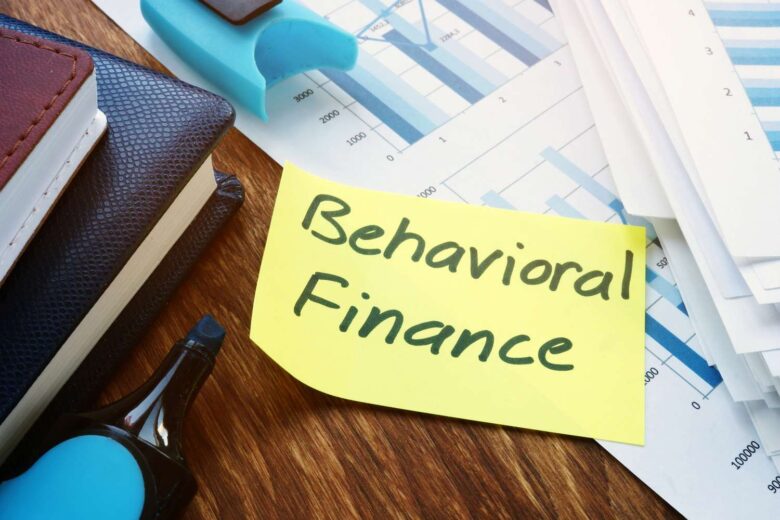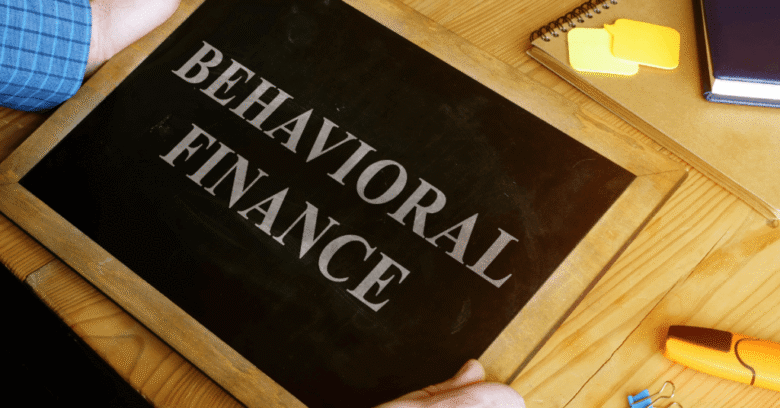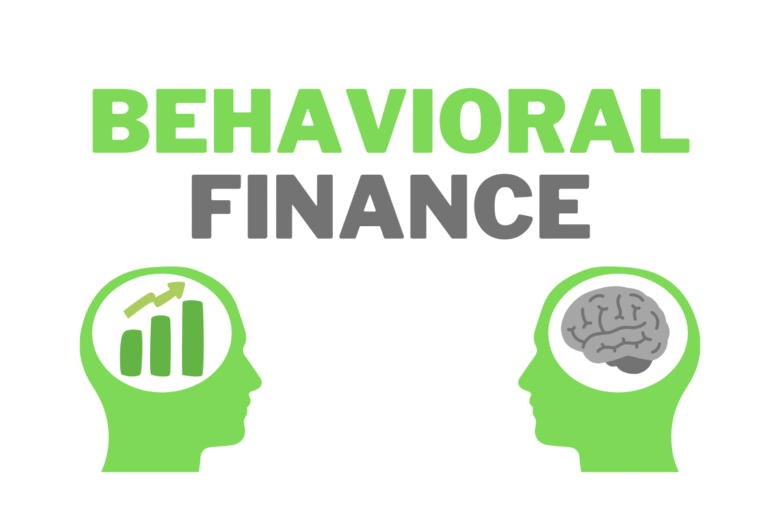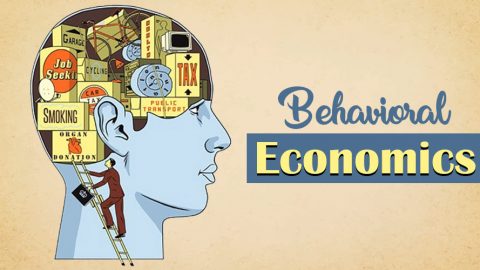Behavioral economics is emerging as a crucial field of study focused on understanding how people make choices. Behavioral economics views individuals as influenced by psychological, emotional, and social factors, unlike classical economics, which assumes that people act rationally and always strive to maximize their own benefit. Cognitive biases, common patterns of deviation from rational thinking, …
Behavioral economics is a fascinating discipline that combines psychology and economics to explain the reasons behind human behavior. Traditional economics assumes that individuals are rational decision-makers who always act in their economic best interest. However, in reality, emotions, biases, and social pressure often influence people, causing them to make decisions that defy logic. This is …
The idea that people are rational decision-makers who carefully consider their options and choose the best outcomes for themselves has long been part of public policy. In reality, however, human behavior is not always logical or predictable. People often make choices that are not in their long-term best interest due to their feelings, biases, habits, …
Behavioral economics is an important field that sheds light on the reasons behind individual financial behavior, particularly in investing. It shows that emotions, biases, and psychological tendencies often play a greater role in financial decision-making than traditional economics. Traditional economics assumes that people are always rational and logical when making financial choices. For example, figures …
Retirement planning has always been an important financial goal, yet many people postpone it or forget about it. Traditional economics assumes that people are rational and make choices that best suit their financial situation. In reality, however, people often procrastinate, fail to plan for future needs, or simply don’t contribute regularly to a retirement savings …
Behavioral economics has become a valuable tool for companies to understand how people think, decide, and act when using products and services. Behavioral economics studies the psychological, emotional, and social factors that influence consumer behavior, unlike classical economics, which assumes that people always make rational choices. This is particularly useful in marketing, where changing people’s …
Behavioral economics has become a crucial discipline recently, combining psychology and economics to shed light on the seemingly irrational financial decisions people often make. Traditional economic theories assume that people are rational beings who consistently make decisions in their best interest, carefully weighing risk, return, and probability. However, this is not the case in practice. …
Behavioral economics solely gathers information concerning decision-making processes for real-life situations by the use of psychology and economics. On the other hand, traditional economics relies on the fact that people always make the best possible choices for every decision they make. In contrast to that, behavioral economics acknowledges the fact that feelings, biases, routines, and …

